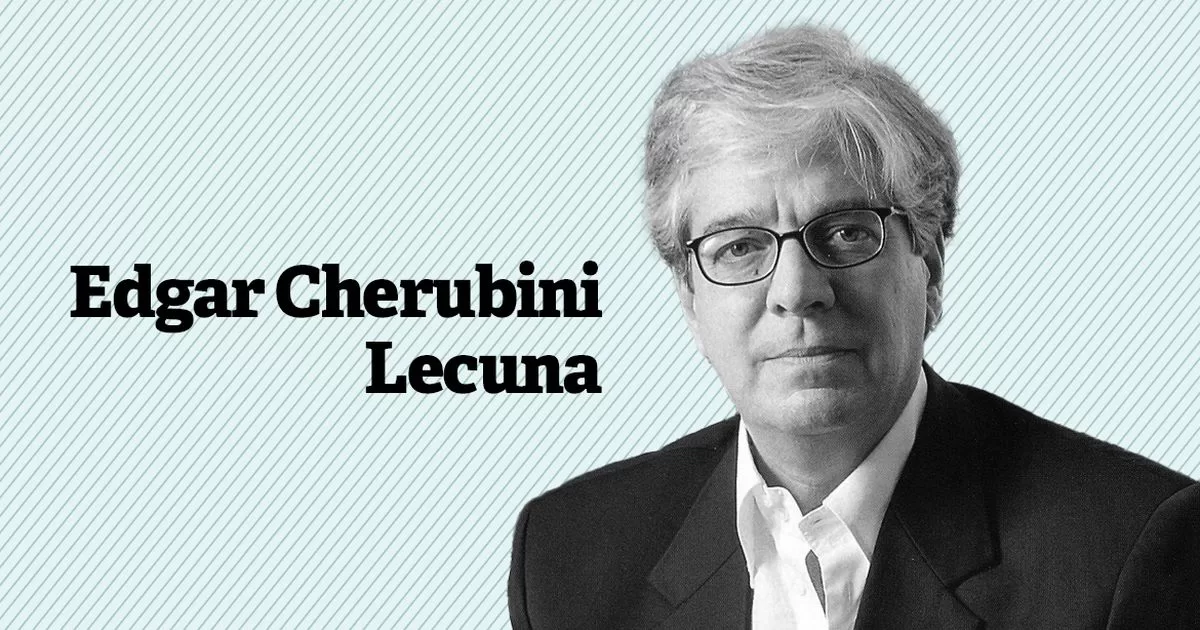George Steiner, a Language and Silencesays that we live within the act of speech, but that there are realities that cannot be narrated, that cannot be expressed with words, “The ineffable is beyond the borders of the word, there are actions of the spirit rooted in silence.”
Last May 6th in Israel, The sirens rang for two minutes, it was not the alerts that are activated daily in response to missile attacks launched from Iran, Gaza, Lebanon, Syria or Yemen, this time it announced the ceremony Yom HaShoá o Martyrs’ Remembrance Day, in tribute to the victims of the Holocaust.
It is the day of a moving social ritual, when at a certain hour sirens sound throughout Israel, to announce the moment when an entire society stops in silence. Drivers interrupt their journey on streets and highways by getting out of their vehicles, remaining standing on the asphalt. Trains and buses suspend circulation, employees put down the keyboards of their computers and phones, athletes stop running, even though they are close to reaching the finish line, a crowd gathers on the sidewalks, maintaining a rigorous silence.
That minute of silence is the feeling of each individual and at the same time the spirit of an entire society, creating an inexplicable experience full of emotions, where the memory of horror and optimism mix when contemplating their thriving nation becoming a democratic bastion in the Middle East and in the world. As messages like this one expressed that day: “The State of Israel is not compensation for what the nazis to the Jewish people, it is the guarantee that something like this will never happen again.”
The intensity of silence becomes a powerful force of unity, of determination, of identity. Now we understand what Maeterlinck said: “silence never fades.”
In silence, the State of Israel and the world Jewish community commemorate the Shoah, the genocide of six million Jews, including one million five hundred thousand innocent children murdered by Nazism. “If we wish to live and bequeath life to our descendants, if we believe that we must pave the way for the future, first of all, we must not forget.”
Although for Aristotle “man is the being of the word”, which makes him prevail over the silence of matter, Henry Miller wrote something similar: “It is from silence that words are extracted.” In a world built by words, silence is a way to express outrage at crimes against humanity. Silence becomes the last word.
In the prologue to Henry Ashby Turner’s book, Thirty days from power (1996), Antonio Muñoz Molina assertively expresses the need to prevent oblivion. “We know the ending of this story and we are familiar with each of its episodes and its characters, but time and time again we feel the urgent need to be told it again, and as we delve into it we almost forget that it happened. “It’s been a long time, and we anguishedly hope that events do not take the same inevitable course, and we are seized by the mixture of uncertainty and hope with which we usually turn towards a gloomy future that, however, is not prescribed.”
Along with the minute of silence to remember the Shoah, we should keep a minute of silence to remember all the genocides and massacres that occurred in history caused by communism.
The black book of communismThe Black Book of Communism: Crimes, Terror, Repression, 1977), written by researchers from several European countries and edited by Stephan Courtois, director of research at the Center National de la Recherche Scientifique (CNRS), in France, makes an inventory of criminal acts (harassment, murder, torture, exclusion, deportations ) that resulted in the implementation of communism in the world, a balance more terrible than that of Nazism. In the introduction, the editor maintains that “Real communism put into operation systematic repression, up to the point of erecting, in moments of paroxysm, terror as a form of government.”
According to the estimates made, the report cites a total of deaths that “…approaches the figure of one hundred million.” The horror statistics are as follows: 20 million in the Soviet Union, 65 million in the People’s Republic of China, one million in Vietnam, two million in North Korea, two million in Cambodia, one million in the communist regimes of Eastern Europe, 150,000 in Latin America, 1.7 million in Africa, 1.5 million in Afghanistan, 10,000 deaths caused by “the international communist movement and communist parties not in power.”
How many minutes of silence will we need to remember the massive violation of human rights, the destruction of nations, the horror and deaths of dictatorships? The sirens that announced the day of remembrance of the martyrs remind me of a passage from Franz Kafka, in The silence of the sirens: “Sirens have a weapon much more terrible than song: their silence.” “(…) It is likely that someone would have been saved at some point from their songs, although never from their silence.”
(email protected)

